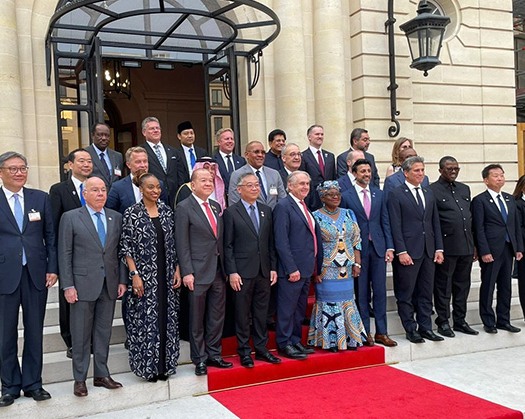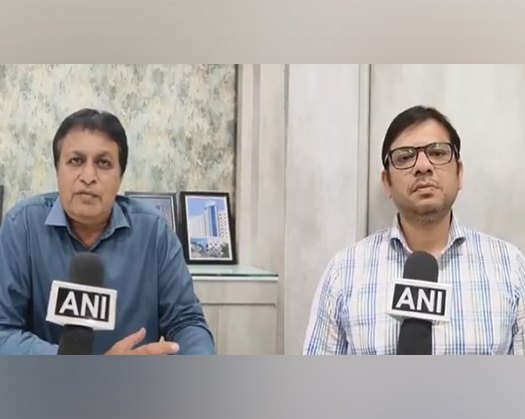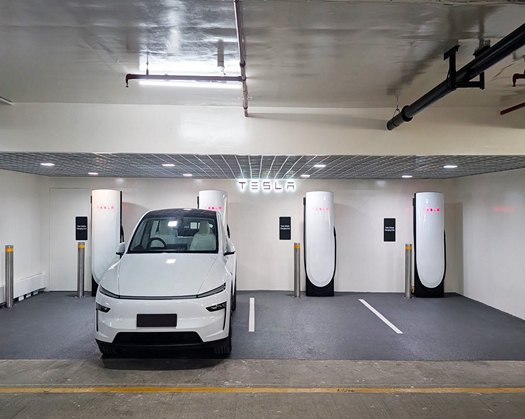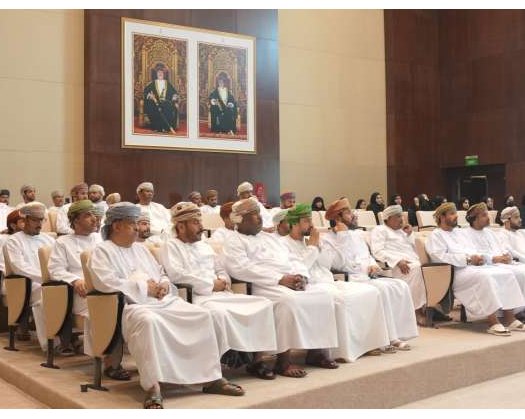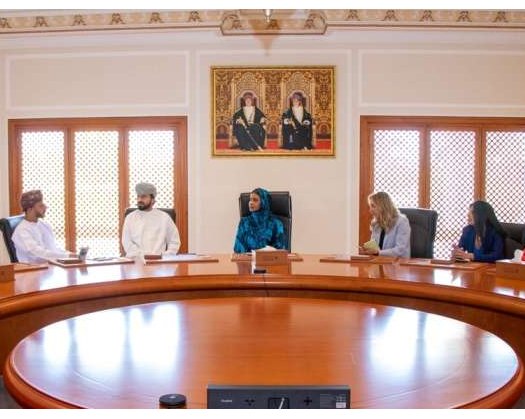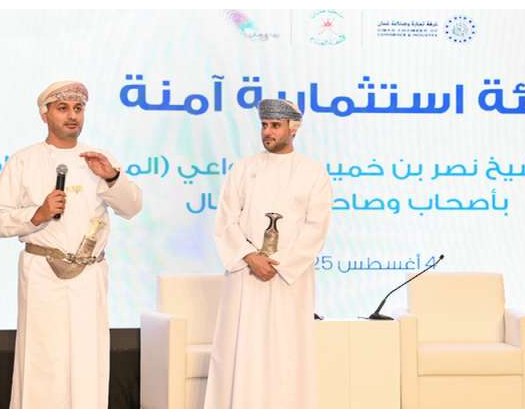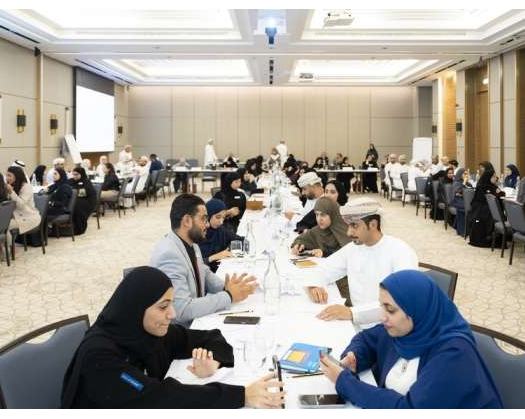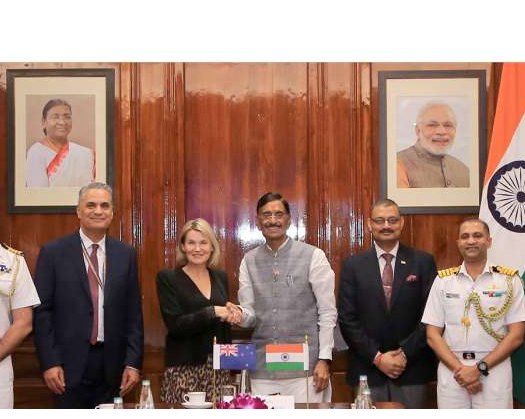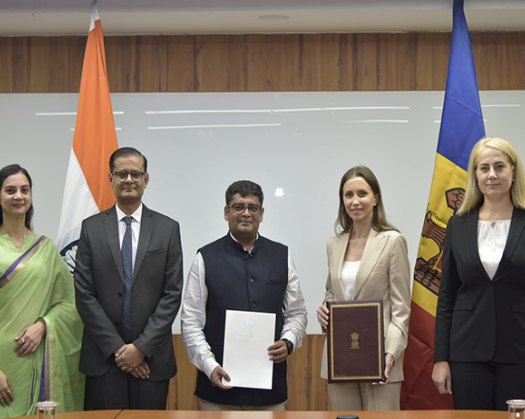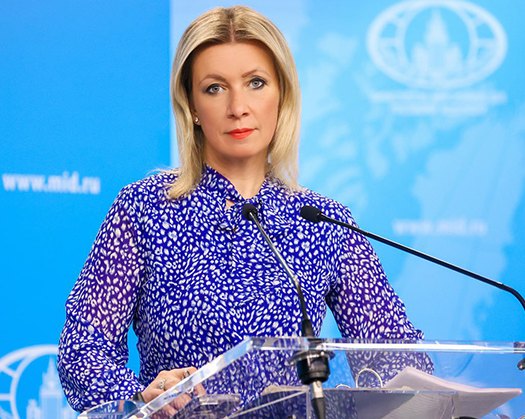Paris: India has requested extensive World Trade Organization (WTO) reforms, including firm action against non-tariff restrictions and the restoration of the paralyzed dispute settlement mechanism, during high-level ministerial talks in Paris.
Piyush Goyal, the minister of commerce and industry, laid out India's reform agenda at a miniministerial meeting of 25 WTO member nations, emphasizing the importance of correcting trade imbalances and strengthening multilateral governance in advance of next year's vital ministerial conference.
Minister Goyal addressed reporters after the Australiaconvened conference, outlining India's three-pronged strategy to WTO modernization.
India made a strong case for addressing nontariff obstacles that some countries use to prevent others from market access, taking appropriate action against nonmarket economies, and ensuring we have a robust dispute settlement mechanism, he said.
The minister emphasised the importance of preserving the WTO's consensus-based decision-making process while maintaining special treatment for developing countries, which India regards as essential to the trade system's legitimacy.
India's concerns are critical to the WTO's crippled dispute settlement system, which has been essentially nonfunctional since 2009 due to US opposition to appellate body appointments.
Because the paralysis has left countries without remedy in the event of trade disputes, it has weakened the organization's enforcement powers.
While certain members have promoted the MultiParty Interim Appeal Arbitration Agreement (MPIA) as an option, Minister Goyal has voiced doubts about its efficacy.
Only one or two people talked about it, but there does not appear to be much agreement or support for the concept. According to him, he is unaware of any situations that have been resolved via MPIA.
India resisted efforts to broaden the WTO's authority beyond traditional trade concerns, notably opposing the China-led Investment Facilitation for Development plan supported by 128 nations.
Minister Goyal contended that such steps would undermine the multilateral system and foster new divisions among members.
Issues that have been required by the WTO should be prioritized and resolved first, according to him. Issues that go beyond commerce should not be included since it would exacerbate divisions among member states.
The talks addressed a number of long-standing concerns, including agricultural trade regulations and environmental issues.
Key goals included seeking sustainable answers for government food grain stockpiling programs and addressing overfishing practices that damage marine ecosystems.
Minister Goyal emphasized the importance of resolving existing mandated concerns before developing new frameworks, indicating India's desire to finish existing projects rather than broaden the organization's scope.
Despite increasing disputes within the 166-member organization, Minister Goyal dismissed claims that the WTO is in an existential crisis.
One should not assume that an existential catastrophe has occurred, he said, calling for practical problem resolution inside current structures.
The minister emphasized collaborative commitment among participating nations to revamp the organization.
We have all committed to collaborate to improve the functioning of the WTO, to ensure that essential values are honored, and to promote global good and economic growth via trade, he said.

